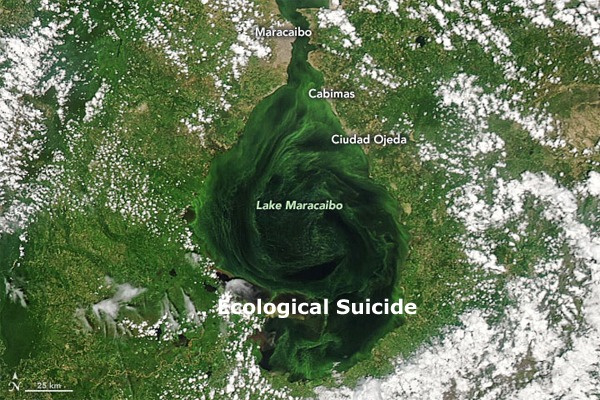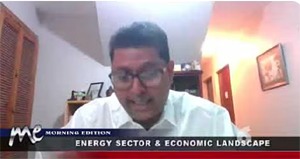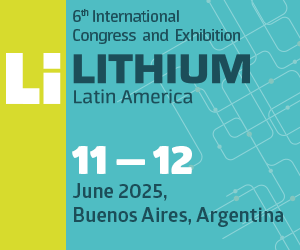Foreign rigs, corroded pipelines, and a lake on the edge of collapse.

Elio Ohep – EnergiesNet
PHOENIX, AZ
EnergiesNet.com, September 28, 2025
Two powerful earthquakes jolted Venezuela’s northwest on September 24 and 25, shaking cities from Zulia to Caracas and reigniting scrutiny over the country’s intensifying oil revival. The tremors—magnitudes 6.2 and 6.3—struck near Mene Grande and Valera, both adjacent to Lake Maracaibo, Venezuela’s historic oil basin. Their timing, just days after the arrival of a Chinese jackup rig for hydraulic fracturing, has sparked speculation across scientific and industry circles.
Veteran geologist Gustavo Coronel, former Shell executive and PDVSA board member, told EnergiesNet in a private note: “The Chinese rig sounds like a Chinese tale. The center of the lake holds medium to light crude with porosities that don’t require fracking. If the rig arrived this month, it’s likely still in upper Miocene horizons—far from productive targets. Without details, it’s impossible to link it to seismicity. The region’s tectonic activity is historic, tied to the Boconó and Oca faults. Concord isn’t a supermarket—it’s a corner store.”
Coronel’s skepticism reframes the narrative. While the seismic coincidence may be tenuous, the environmental threat is immediate and measurable.
The real danger in Lake Maracaibo isn’t the tremors—it’s the toxic tide rising beneath them. While recent earthquakes have drawn headlines, the deeper crisis lies in the unchecked arrival of Chinese drilling infrastructure operating without transparent environmental oversight. The Alula jackup rig, deployed by China Concord Resources Corp, marks the first major oil installation in western Venezuela in years. But its presence signals more than economic revival—it’s a direct assault on a basin already drowning in neglect.
Lake Maracaibo is one of the most polluted bodies of water in Latin America. Over 10,000 oil-related installations and thousands of miles of corroded pipelines leak crude into its waters daily. The introduction of hydraulic fracturing—requiring millions of liters of chemically treated water—risks irreversible contamination. Venezuela lacks the infrastructure to treat the toxic wastewater generated. Most of it is likely to be dumped directly into the lake, compounding decades of damage.
This is not just a technical oversight—it’s a systemic failure. The Maduro regime, under the guise of the Anti-Blockade Law, has handed over extraction rights to foreign operators without requiring environmental impact studies, reinjection protocols, or public disclosure. The result is a basin on the brink: collapsing fisheries, poisoned aquifers, and communities living below lake level, protected only by aging dikes.
Fracking in Lake Maracaibo is not a revival—it’s a reckless gamble. The absence of environmental controls, impact studies, and transparent oversight transforms this project from an oil initiative into a geotechnical and ecological crisis.
Sources: OilPrice, Voice of America, NASA Earth Observatory, AI
Elio Ohep., Editor EnergiesNet, editor@petroleuimworld.com
EnergiesNet.com 09 28 2025














